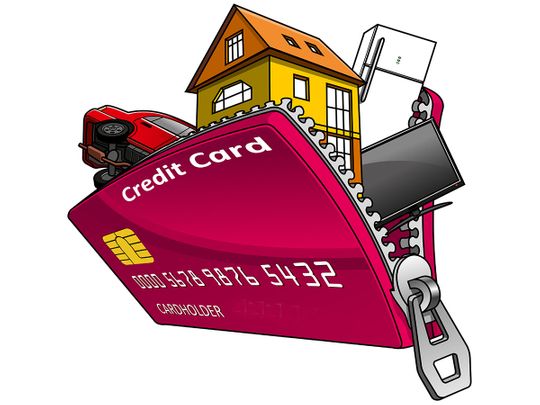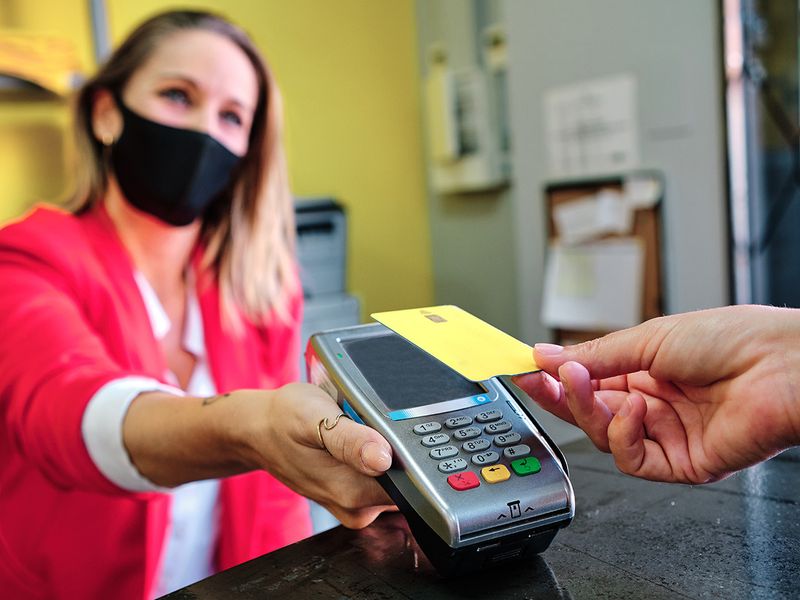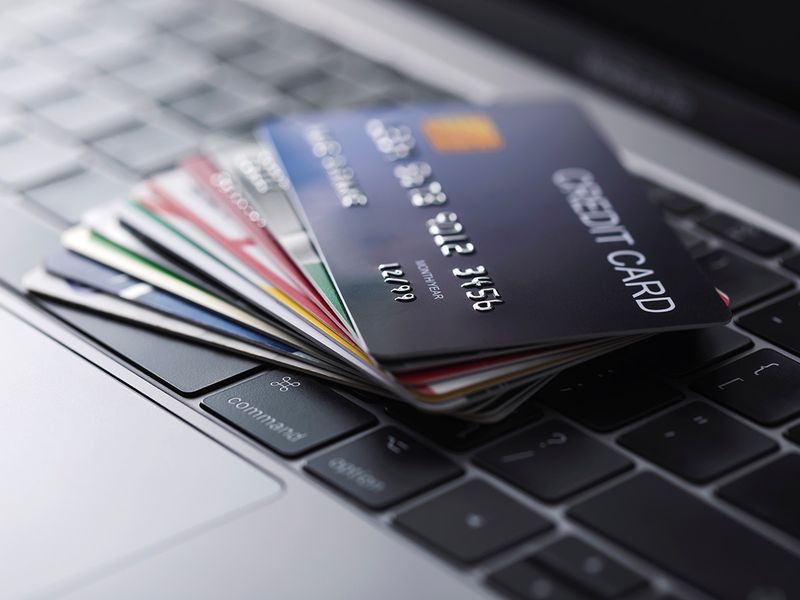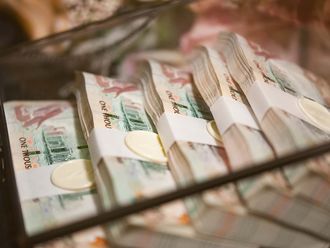
Dubai: It’s tempting to charge large purchases with a credit card if you know they put you closer to earning a sign-up bonus, which is an incentive that banks offer to entice new customers to sign up for their credit cards.
(Often, welcome bonuses come in the form of additional points or cash back after meeting a certain spending threshold in a limited amount of time.)
However, experts recommend charging large purchases to your credit card only when you know you can afford to pay off the balance. Here’s why.
When a large purchase sits unsettled on your credit report, you’ll not only be charged interest, but you’ll also wipe out your available credit limit.
Your credit utilisation rate is a very important factor that’s used when determining your credit score, and if one or more of your cards is maxed out, you’ll see a negative dip on your report until those balances are free again.
In other words, credit utilisation rate is how much you currently owe divided by your credit limit. It is generally expressed as a percentage.
Just because you can, doesn’t mean you should
Let’s say you are looking to buy a car with a credit card. Although you can, the question is whether it is your best option. (But before buying a car on a credit card, you first have to find out if your dealership even offers that option, as several dealers don’t permit it.)
Even if the car dealership permits you to swipe your card, it most likely they won't let you charge the entire purchase price of your car -- instead, they'll allow you to put up half of the purchase on a credit card.
However, you will need to make sure your credit card limit is high enough to cover the amount you want to charge. But let's say you still think it's a good idea, are buying a Dh50,000 car, and have the ability to charge up to Dh25,000.
To cover the rest of your car's purchase price, you'll need to come up with the cash or apply for a loan. If you're buying a cheaper used car, on the other hand, you may be able to charge the entire purchase price.
Like anything else, just because you can do something doesn't mean you should. Here are some instances where paying for a large purchase with a credit card makes sense -- and when it doesn't.

3 scenarios where you can swipe a big purchase on your credit card
Scenario #1: If you have a credit card with a promotional low interest rate
Swiping big with a credit card makes sense if you're using a card with zero per cent interest on purchases.
With a zero per cent interest credit card, you could secure zero interest on your purchase for anywhere from nine to 21 months. However, before you go this route, you should make sure you can afford to pay off your car fairly quickly.
If you don't pay off your charged balance during your card's zero per cent promotional rate period, you'll wind up paying credit card interest when your card's rate resets -- which is going to be far higher than the rate you'd receive on a loan.
Scenario #2: If you want rewards and have the cash to pay it off
Let's say you're making a relatively large purchase, and you have the cash on hand. By paying for it with a rewards credit card and paying off the balance right away, you could earn valuable rewards without much effort on your part.
Since most rewards credit cards offer kickbacks worth between 1 per cent and 5 per cent of a purchase, you could benefit handsomely with this one small move.
Scenario #3: If your credit score is good, and the purchase won’t affect it
With good credit, you can qualify for a credit card that may make charging your big purchase worthwhile.
As mentioned above, zero-interest credit cards offer an opportunity to avoid paying interest on at least part of your purchase. If you're in it for the rewards, on the other hand, the best travel and rewards credit cards are usually only available to individuals with a credit score of 720 or higher.
So, if you don't have a zero per cent interest rate card or rewards credit card already, with a good credit score, you can apply for a credit card before you make the purchase.
What's more, some of these cards offer huge sign-up bonuses worth thousands of dirhams to new cardholders who meet certain spending criteria -- for example, making Dh5,000 in purchases on a new credit card within the first 90 days.
Charging part of your purchase is a sure-shot way to meet those requirements in one swoop -- as long as you can pay it off.

3 scenarios when you shouldn't swipe a big purchase on your credit card
Scenario #1: Your credit card charges a high interest rate.
If your credit card charges a high interest rate, you should consider bank financing instead of using your card.
Many offer special promotions that make financing downright cheap, and you may be able to qualify for a better deal with your bank.
According to an ongoing study, the average interest rate on credit cards is over 16 per cent as of March 2022. Surely your bank could offer rates better than that.
Scenario #2: You plan to pay off the large purchase slowly
If you're hoping to pay off your purchase at a leisurely pace, a credit card probably isn't ideal.
Since the average interest rate is well into the double digits, you'll pay a ton more interest over time if it takes you a while to pay it off.
Most zero-interest credit cards offer 0 per cent interest rate for nine to 21 months, so these introductory offers aren't long enough to help if you need four or five years to pay off your mega purchase.
Scenario #3: You don't have a credit score that is good enough for the purchase
If you have bad credit, you should proceed with caution no matter what type of financing you choose. You may not qualify for the best rates with a credit card, traditional bank, or even financing with bad credit.
The best thing you can do is shop around for the best rate you can find and save up the largest down payment you can muster. The larger the cash deposit you can come up with, the less you'll need to borrow and less risk you'll present to a lender.
In the meantime, you can figure out ways to start boosting your credit score over time.

Bottom line: Is it risky to make very large purchases with your credit card?
If you decide to use your credit card for everyday purchases, it's crucial you make sure to only use it for things you would otherwise be comfortable buying with your debit card.
Make sure you can pay off what you're putting on the card on time each month, especially if you want to avoid making interest payments.
The amount you earn or spend on your credit cards doesn't directly impact your credit scores. What matters is how close you get to the credit limit on each one of your cards, even if the dirham amount is relatively low.
Using a large portion of your credit limit – or having a high utilisation ratio – can hurt your scores, while using a small portion is best for your scores. For this reason, using your credit card to make a large purchase could hurt your credit if it increases your credit utilisation ratio.
Experts recommend keeping utilisation below 30 per cent, and the lower, the better. If you make a large purchase before your statement closing date, the credit card issuer will report a higher balance to the credit bureaus, which would hurt your credit score.









